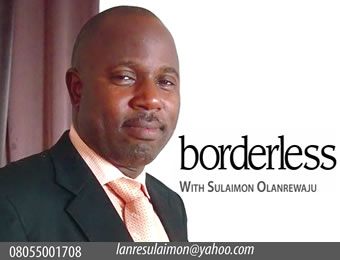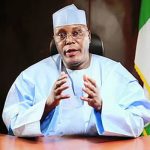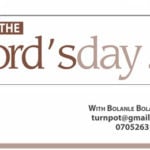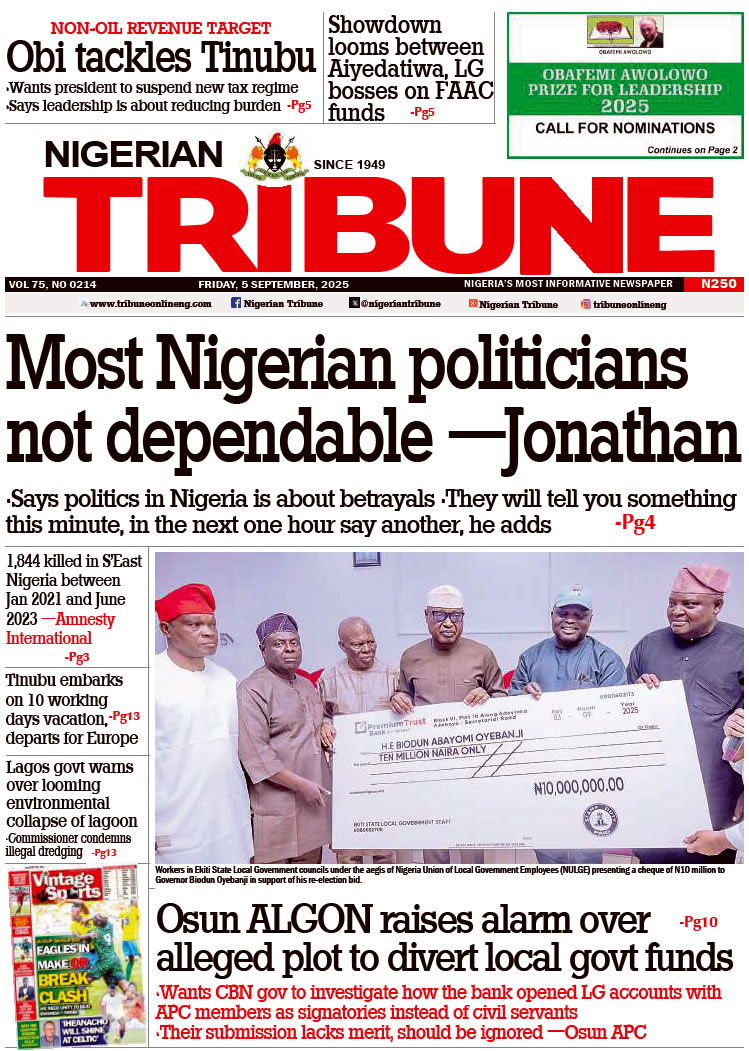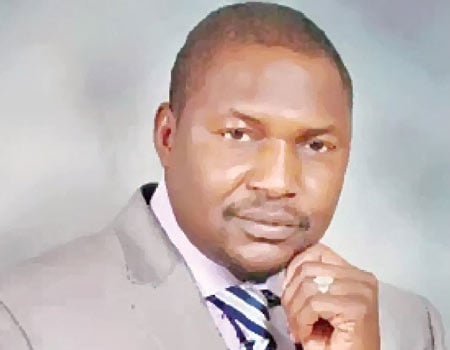
THE Attorney General of the Federation and Minister of Justice, Abubakar Malami, had shocked many Nigerians when he told newsmen after last week’s Federal Executive Council (FEC) meeting that the Acting President’s position that there was no need for Senate’s confirmation of the appointment of Economic and Financial Crimes Commission’s chairman was that of the Acting President and did not reflect the view or thinking of members of the FEC. Malami had gone ahead to say that there was no time that the FEC discussed the issue, so Professor Yemi Osinbajo could only have been speaking for himself.
Although the AGF attempted some damage control the following day by issuing a statement explaining that his point was that the power of appointment was that of the presidency and not the FEC, it was too late because he had shown the world that there are cracks in the FEC. This is not only dangerous for the health of the government; it also has capacity to vitiate the wellbeing of the country as a whole.
As distressing as the AGF’s faux pas was, it would have been less disturbing had it been just a one off thing, but open disagreement on policy matters by key officials is fast becoming the trademark of this administration.
While speaking during a radio interview in Kano last year, Senior Special Assistant to the President on Media, Mallam Garba Shehu, said that the nation could experience famine starting from January 2017, sequel to the exportation of food items, especially grains. The presidential aide had said the “Ministry of Agriculture has raised concerns about a massive rate of exportation, which could lead to a shortage of grains in Nigeria by January.”
But three days later, during a visit to a farm at the Federal Capital Territory (FCT), Minister of State for Agriculture, Senator Heineken Lokpobiri, said, “There are no statistics that there is going to be famine in January. What I heard in the news was that he (Shehu) said that people are coming from other countries to buy our grains in bulk. As a government, we are also buying.”
Why was Lokpobiri’s position different from that of Shehu on the same issue? If the government was also buying grains, as said by Lokpobiri, why was the President’s spokesperson not aware of this? If the presidency was of the opinion that there was a likelihood of famine in the country but the Agriculture Ministry thought otherwise, who should Nigerians have believed? Did the Minister say what he said as a defence so that the Ministry would not be deemed as failing in its responsibility, or was it actually taking steps to address the situation?
In July last year, the Finance Minister, Mrs Kemi Adeosun, appeared before the Senate where she said that the economy was technically in recession. She hinged her position on the definition of recession, though she added that the country would soon be out of recession given the efforts put in place by the government. However, on the same day, Senator Udoma Udo Udoma, Budget and Planning Minister, said the country was very far from being in recession.
Again, who should Nigerians have believed between these two ministers who play critical roles in managing the economy? If these two top government officials with access to latest information on the economy disagreed on a matter of this nature, why should Nigerians believe either of them?
One cannot but wonder why it is so difficult for this government to harmonise its position on critical issues? If this is not incompetence, then the word needs redefinition.
I suspect that President Muhammadu Buhari does not have a team but a collection of people who work with him. Unfortunately, and most regrettably, each of these individuals comes into government to defend a position. That is why it has evidently been so difficult for them to work as a team. The people around the President work at cross purposes; they pull in different directions as each of them pushes for and defends various positions instead of working for the common purpose of steadying the polity, stabilizing the economy, and improving the people’s lot. The dispersion of efforts in different directions is the albatross of both the government and the people. Immobility becomes inevitable when the tyres of a vehicle attempt to travel in different directions.
This obvious crack in government has had a telling effect on the citizenry because they are confused. There is so much hardship in the land, yet there is no coherent communication from the government on what to expect. This chasm has foisted despair on the people and this has turned the country into a jungle where survival of the fittest is the rule.
Similarly, it has spiked disillusionment among foreign investors as they try to make sense out of the cacophony of confusion that emanates from key government functionaries. The result is that there is a slide in foreign direct investment. If there is no injection of fresh funds into the economy, what is the hope of halting and reversing the retarded economic growth?
But the government can change the trend by putting its house in order and harmonising its positions on critical issues. When the President’s people work together as a team, success becomes a cinch for the administration. If the government fails to do this, the likelihood of its being remembered more for its infighting than for its achievements is high. What a disaster that would be!
WATCH TOP VIDEOS FROM NIGERIAN TRIBUNE TV
- Let’s Talk About SELF-AWARENESS
- Is Your Confidence Mistaken for Pride? Let’s talk about it
- Is Etiquette About Perfection…Or Just Not Being Rude?
- Top Psychologist Reveal 3 Signs You’re Struggling With Imposter Syndrome
- Do You Pick Up Work-Related Calls at Midnight or Never? Let’s Talk About Boundaries

